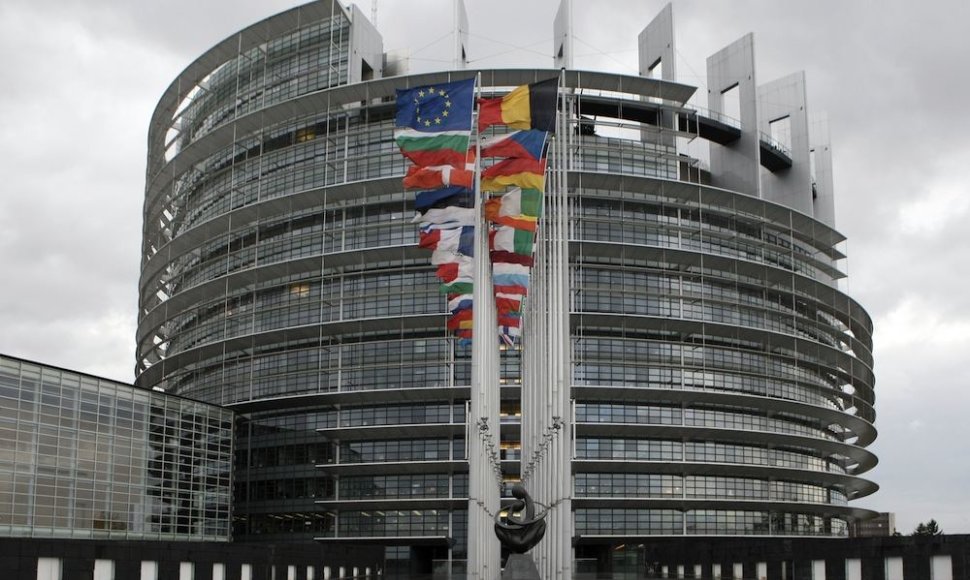The upcoming elections to the European Parliament were discussed by ministers in charge of EU affairs from EU member states as well as representatives of the European Commission and the Parliament during a two-day meeting in Lithuania.
Lithuanian Minister of Foreign Affairs Linas Linkevičius, who chaired the meeting, said that everyone agreed to seek to increase voter turnout during the EP elections and that demonstration of how the EU solves economic problems is important for that.
According to the minister, political parties should also stress their pro-European position during the election campaign and this way rebuff radicals.
"Parties have to formulate very clearly their pro-European position and perhaps this way silence populist and radical, xenophobic and nationalist forces that raise their heads sometimes," Linkevičius told journalists following the meeting.
Meanwhile, Maroš Šefčovič, deputy president of the European Commission for inter-institutional relations and administration, said the divide between powers with EU values and parties "which are preaching xenophobia, racism, racial hatred" and not the one between the rightists, leftists and liberals might be the main highlight of the upcoming elections next May.
"Therefore I think there will be strong mobilization of pro-European forces in the next months. I was quite positively encouraged this morning to see that also national governments are ready to engage in the very important debate," the European commissioner said.
He also doubted that the number of euroskeptics would dramatically increase in the Parliament, although acknowledged that there might be more of them than during this term.
Voter turnout during EP elections has been steadily going down. 60 percent of voters cast their vote in the elections in 1979, compared to 43 percent in 2009. The new elections will be held next May and may coincide with presidential elections in Lithuania.












